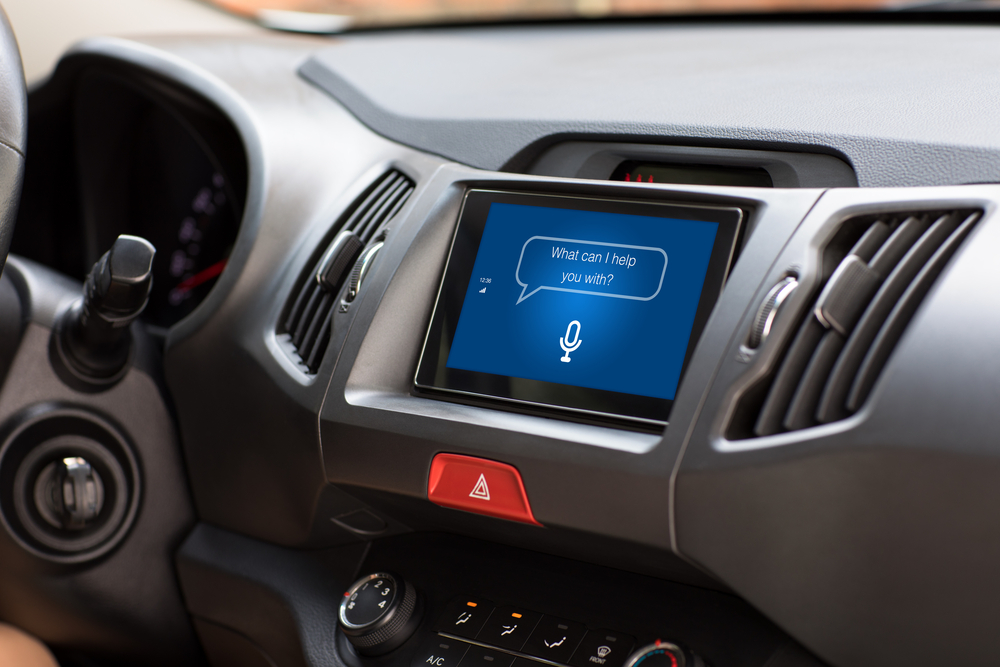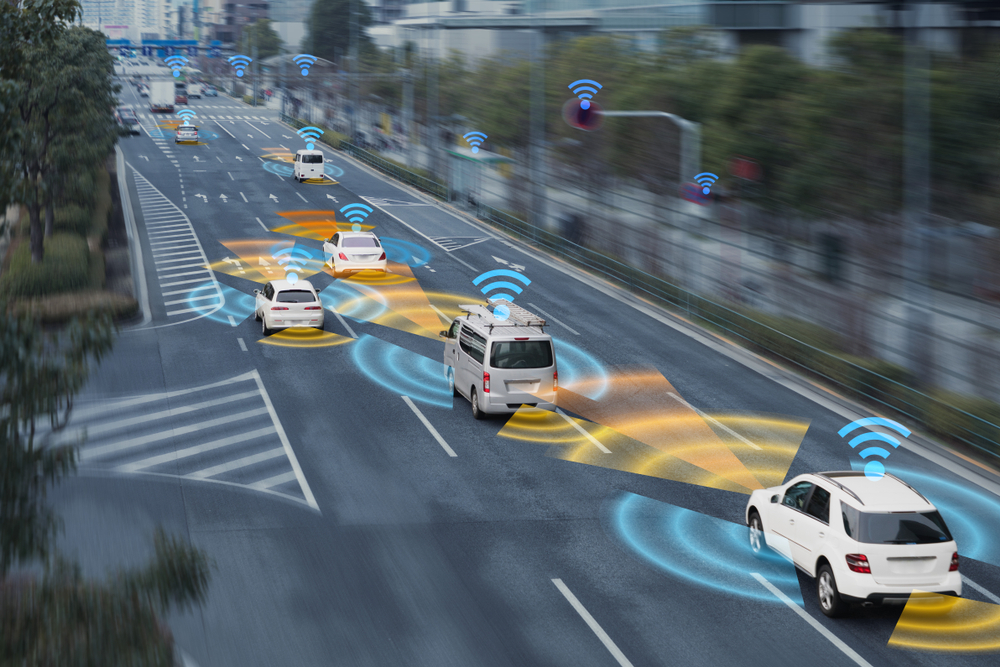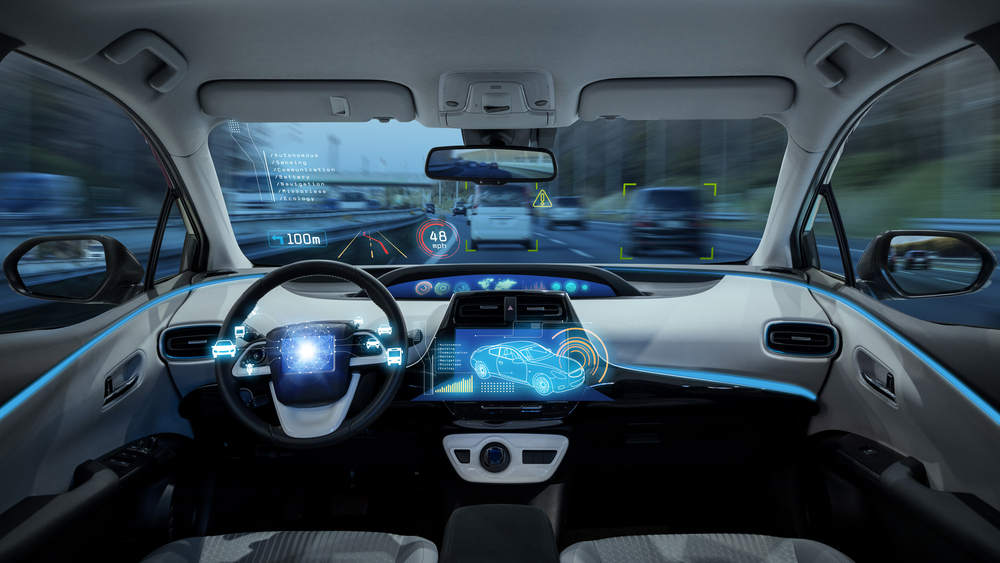The brightest minds working in technology, all over the world, are persistently developing new and exciting concepts and innovations – including those found in cars. As one key example, electric cars are constantly developing to improve their efficiency and range through new technology. Yet, innovation in cars is not limited to only electric models. Other recent inventions such as in-car voice assistants and self-parking capabilities are becoming more commonplace, too.
With new car technology accelerating faster than it ever has before, we take a closer look at five future car inventions to look out for in the years to come.
1. Improved electric cars
In 2020, it was announced that the sale of new diesel and petrol cars in the UK, after 2030, will be banned. As the UK prepares for a sustainable future with all-electric cars, there is great demand to improve their range and charging time.
Currently, the average driver is comfortable with travelling for well over 200+ miles on a single tank of fuel, which means limited rest stops along journeys that can last for four hours or longer. Electric cars, on the other hand, require regular charging and travel at shorter distances.
Recognising this issue, car manufacturers are now competing to improve the efficiency of their electric cars to meet the needs and desires of the modern driver. One impressive model is the new Hyundai Konda, which in test runs climbed to a range of 250 miles.
We can expect to see more sophisticated electric cars soon, as many manufacturers are turning to this technology for inspiration. Tesla, as an icon of innovation, have demonstrated ranges of around 320+ miles, which makes electric cars look even more promising. As battery technology advances and progresses, it would seem the demand for electric will only grow.
2. In-car voice assistants
As “smart” home voice assistants like Alexa and Siri become more integrated within homes, it is likely that soon many cars will have this technology too. It’s already possible to perform many digital tasks in modern cars through an individual’s mobile phone. This includes playing music, answering calls and even verbally instructing text messages. As this feature becomes more popular and grows in demand, car manufacturers will likely begin to improve their ranges by building advanced in-car voice assistant technology.
BMW, Mercedes and Hyundai were among the first manufacturers to equip their cars with the ability for voice-activated calls, navigation, and entertainment (such as playing music). Amongst other helpful features, drivers can request information, including directions, for local restaurants and facilities. With tightening rules and regulations regarding phone use, it’s unlikely to be long before most future cars feature voice-activated assistants.

3. Self-driving cars
No longer a fantasy nor a headline, fully autonomous cars are on the rise. What began as assistance through parking sensors has developed into self-parking cars. Not far away are cars that can drive without user-input altogether, called self-driving cars. Currently, autonomous vehicles cannot legally be driven on UK roads. However, the UK government has started consultation for legislation that would allow for autonomous road users, or cars capable of self-driving.
From increases in road safety, to the risks of hacking, there are numerous pros and cons to driverless cars. Regardless, autonomous driving is likely to grow in demand over the coming years.
4. Solar energy as a power source
Solar power has long been used as a renewable energy source that helps with the global climate crisis. Many drivers have speculated about solar panels and if they could be fitted to power their vehicles. Several companies have even experimented with this concept, most often as a possible means to give electric cars more range. Toyota have tested panels on their Prius, Hyundai on the Sonata hybrid, and Tesla on their Model 3 sedans.
According to Hyundai, solar panels can supply up to 60% of power to a car’s battery if it was used for six hours per day. This could power a vehicle for around 800 miles every year. While solar panel technology needs more development, the concept of cleaner cars and renewable energy is certainly an important subject.
5. Vehicle tracking software
Increasingly, more ranges of cars are being fitted with tracking software. This helps identify cars in the event of an accident or theft. Whilst some drivers may feel this technology undermines their privacy, tracking software helps the police recover a large proportion of stolen vehicles every year. The software also enhances safety, where breakdown recovery services can accurately find vehicles in even the most rural locations.

Innovations like vehicle tracking are being used to reinforce the safety of road users. Volvo, for example, is a manufacture pioneering this promising change. Research into car safety expands from the likes of childcare into airbag technology and beyond. Safety is the one of the major drivers in car innovation as manufactures aspire to make roads even safer as distractions get greater.
For the foreseeable future, innovation through electric cars is likely to dominate headlines when it comes to new car technology. With more space to innovate, there is demand for car manufacturers to heavily invest both time and money into improving range and charging time. Technology, it would seem, is always accelerating change.
Despite the changes caused by technology, you’ll still need insurance to remain legal when using UK roads. Ensure that your policy looks after your vehicle, by getting in touch today.


